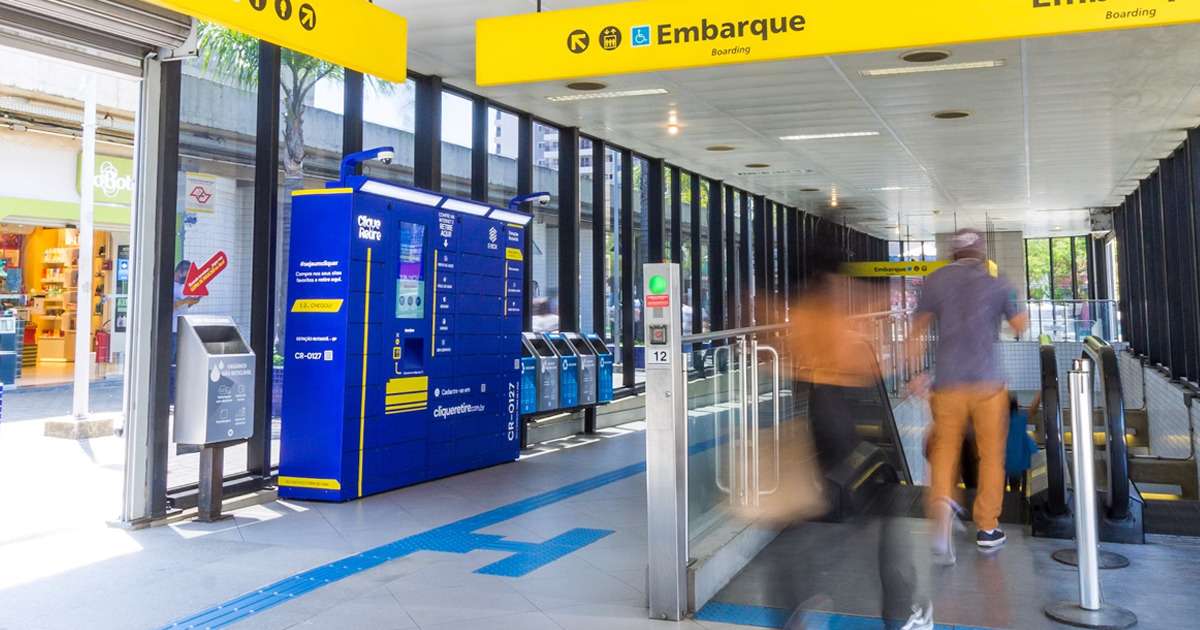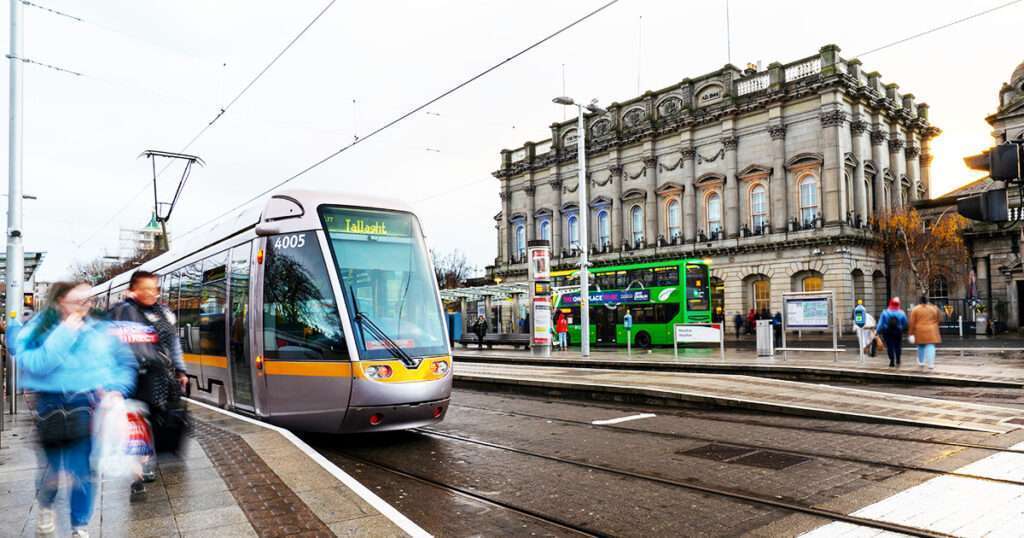Biometrics is becoming an ever more integral part of our daily lives, and is constantly causing controversy. Such was the case with the company in charge of operating the São Paulo metro. The company was ordered to suspend the use of facial recognition technology. This premature halt followed a court ruling in a civil action brought by several civil rights NGOs. A decision that raises questions about the future of biometrics, and concerns about potential discrimination linked to this technology…
Ban on “deploying any other intrusive device“…
These were the words of Judge Cynthia Thome. A court decision stipulating that Companhia do Metropolitano de São Paulo (METRO) must immediately suspend the capture and processing of biometric data for facial recognition purposes. This also applies to the installation of new equipment, on pain of a daily fine in the event of non-compliance.
Innovative systems used in the implementation of an electronic surveillance system. The injunction follows concerns expressed by civil rights organizations. They believe that electronic surveillance would involve facial recognition of all metro users. And this, without any explicit measure of consent.
“The facial recognition project was developed without any assessment of the impact and risk it could have on users’ privacy.”
Court of SÃO PAULO
Some grey areas in terms of transparency
As mentioned in the introduction, this decision raises crucial questions regarding the protection of citizens’ fundamental rights. The plaintiffs claim that the collection of biometric data is “illegal and disproportionate”. The reason: the fact that the facial information of all users would be read, copied, measured and recorded. According to the plaintiffs, METRO did not provide clear information on the database used. “An obstacle to the evaluation of the project’s effectiveness.”
This lack of transparency highlights the formal steps taken to obtain consent or refusal to process biometric data. Contacted by ZDNet, the São Paulo metro said it had not been informed of the decision. However, it stated that it “will appeal and provide all clarifications. From the fact that its new monitoring system is strictly compliant with the GDPR”. A regulation which, since February, has been a fundamental right in Brazil. An outcome that could shape the way facial recognition technology is integrated into transport infrastructures in the future…





